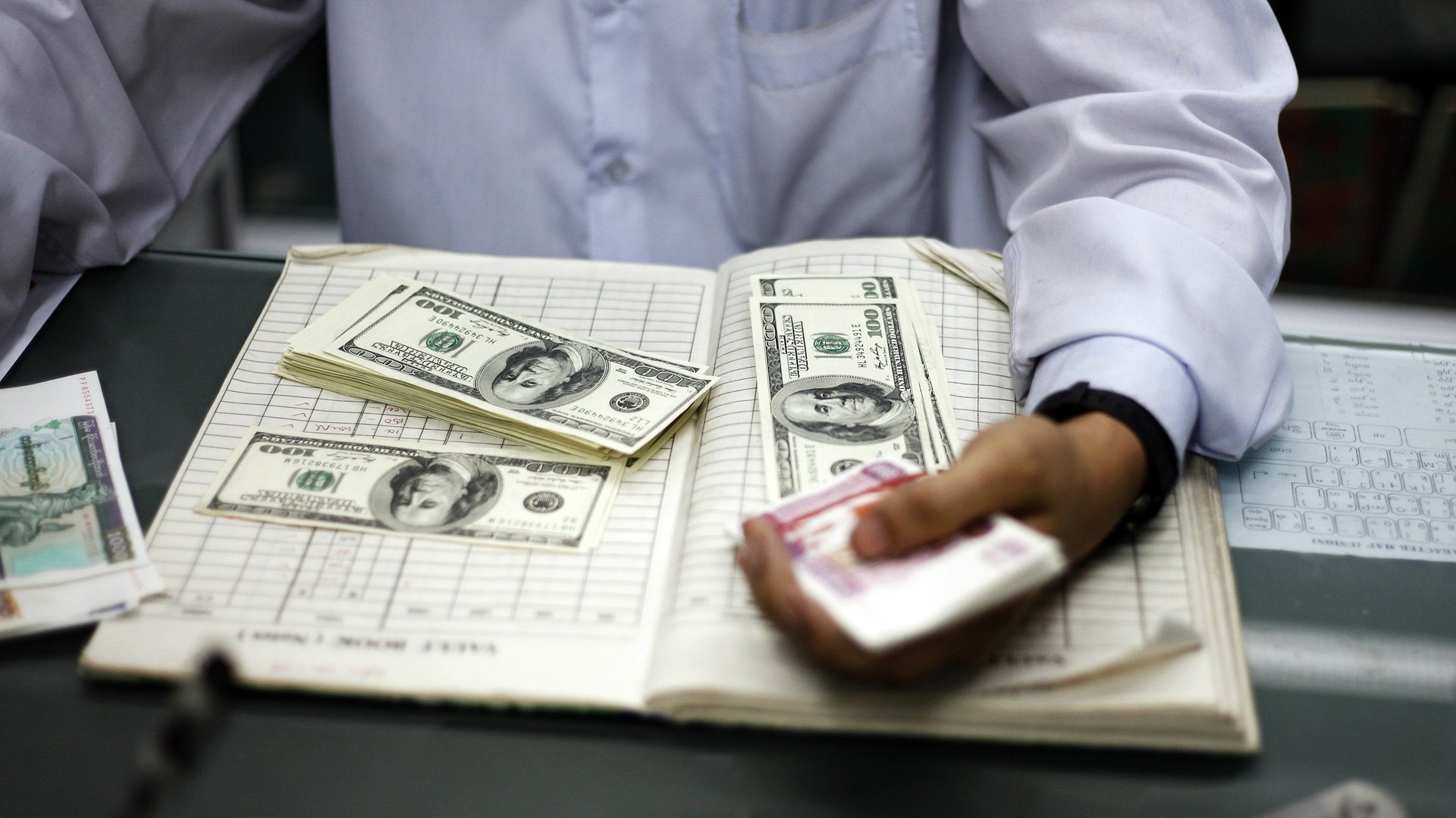Money isn’t good or evil—it’s a tool to achieve your life goals
This question originally appeared on Quora: What do most people misunderstand about money and personal finance? Answer by Scott Sonenshein, management professor at Rice University, author of Stretch.


This question originally appeared on Quora: What do most people misunderstand about money and personal finance? Answer by Scott Sonenshein, management professor at Rice University, author of Stretch.
People often misunderstand that their relationship with money doesn’t exist in isolation of their well-being and the pursuit of their life goals. Since money is a component of our well-being and a means of supporting our ambitions, it warrants careful consideration. The best way to figure out the role of money in our lives is to reflect on and define our life goals.
Too often we mindlessly chase after money. Sometimes, the pursuit of more money might lead us astray from a meaningful goal—such as having enough time outside of work to enjoy family and friends, or the pursuit of a deep interest such as learning a new language or how to play an instrument. There are even times when we’re so focused on accumulating money that we miss opportunities to do things that would bring us real pleasure, like a barbecue with friends or playing a sport.
Don’t get me wrong—earning money is important. Everything in your life, including far-off goals like retirement or college tuition, require money. Having a rainy day fund is also necessary. But how much you need for your long-term needs and short-term needs is a very personal question that too few people think about beyond simply “more is better.”
With the money we do have, there’s a benefit to being frugal, while cheapness can be a menace. Research finds that cheap people are psychologically pained from spending money, and therefore are willing to sacrifice their well-being to save a buck. Frugal people, on the other hand, take pleasure is using money wisely. They’re more likely to deploy their money to pursue meaningful goals.
In this light, I think we are better served by thinking of money as a means to accomplishing goals, instead of being a goal itself. Start with this thought experiment: What do you really want to do, experience, and contribute in your life? There is such a thing as “enough” money, and there is such a thing as a good life that extends beyond having money (laughter, friendship, intimacy, vigor and vitality, etc.). Keep in mind the “personal” in personal finance—that’s the part almost everyone forgets about.